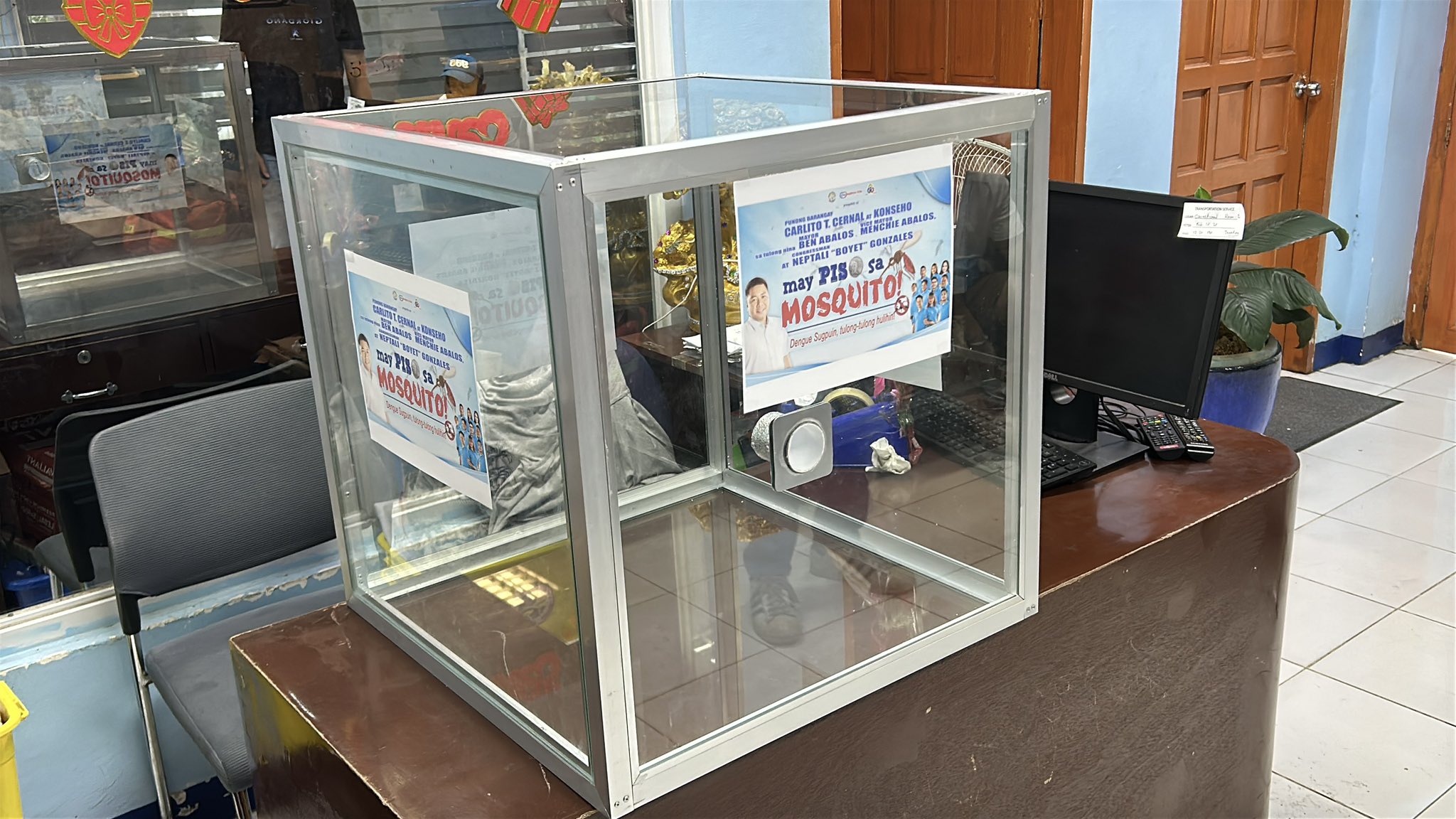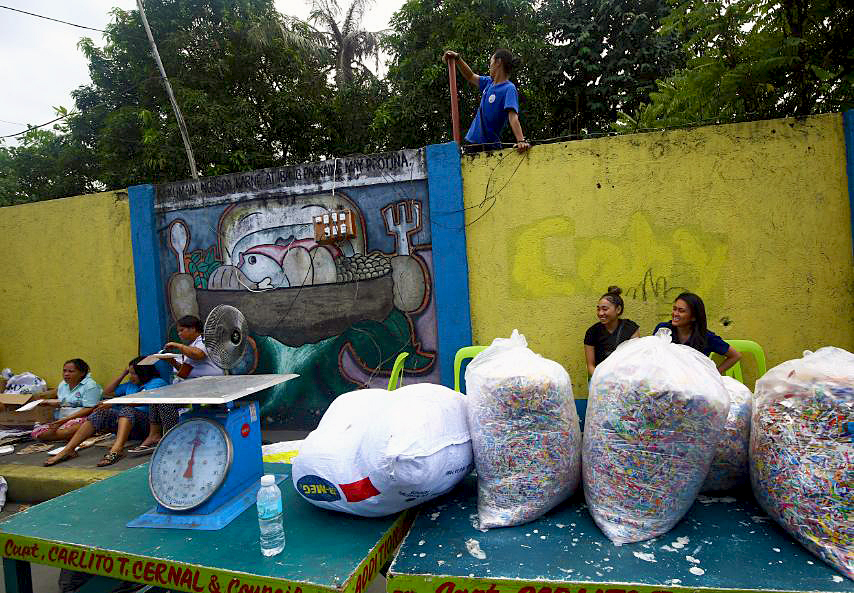This District In The Philippines Is Offering Money For Every Mosquito Caught
But some netizens think it'll backfire.
A district in Mandaluyong City, the Philippines is offering a monetary reward to its residents for every mosquito they catch
According to GMA News Online, the 'May piso sa mosquito' (Peso for a mosquito) programme, launching on 21 February in Barangay Addition Hills, is a response to the alarming increase in dengue cases since the start of 2025.
Residents can bring in either dead or alive mosquitoes and their larvae, receiving one peso (approximately RM0.076) for each specimen, The Manila Times reported. Live mosquitoes will be placed in a mosquito zapper chamber, while larvae will be eliminated with chemicals.
While the initiative has garnered support from local netizens, others believe it might backfire, raising concerns about potential unintended consequences
One commenter highlighted the risk of creating a "perverse incentive", where people might intentionally breed mosquitoes to maximise their earnings.
Others pointed to the historical "Cobra Effect", referencing a situation in colonial India where a bounty on cobras led to people farming them for profit, ultimately worsening the problem.
District chairman, Captain Carlito Cerlan, said the programme is a temporary solution and will be discontinued once the City Health Office confirms a decline in dengue cases
Cerlan explained that the programme is patterned after another initiative, 'Palit Basura Para Sa Pagkain Sa Mesa' (Trash For Food), carried out last year, which he considers a success.
"It had a good turnout because people became more mindful. They took home plastic sachets along [the] roads. Every month, the [district] would announce that they could exchange it for rice," he was quoted as saying by ABS-CBN.
To prevent unnecessary risk to younger individuals, only those aged 18 and above can participate in the mosquito programme.
Plastic trash collected for the “Palit Basura Para Sa Pagkain Sa Mesa” (Trash for Food) project in Barangay Addition Hills, Mandaluyong City in January 2024.
Image via Joan Bondoc/Philippine News Agency

